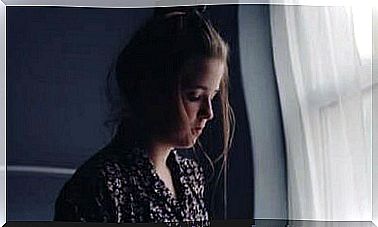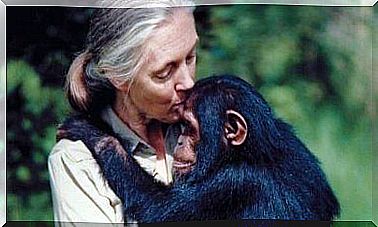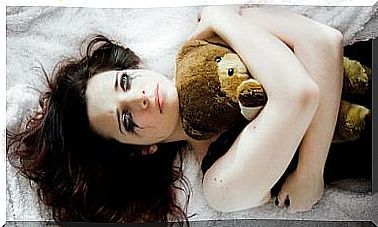The Worst Thing That Can Happen To A Child Is That Their Parents Die
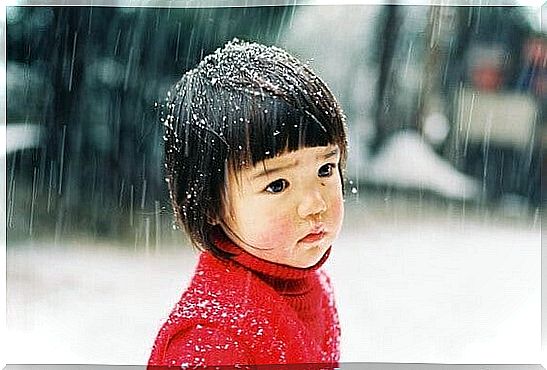
“I lost my dad at age 8, almost 9. I haven’t forgotten his deep, loving voice. They say I look like him. But there is one thing that sets us apart: my father was an optimistic man”. Thus begins the testimony of Rafael Narbona, a man who lost his father at a very young age. A situation that has marked him forever and makes it clear that the worst thing that can happen to a child is for his parents to die.
In childhood, children establish a special bond – in most cases positive and unconditional – with their parents. Thanks to them, they have the first contact that will mark their future affective relationships. They are your support, your role model, those people who help you clear an unknown path once you are new to the game of life. So if parents die too young, it can be a very hard blow that will affect them very deeply.
Because I? What would have happened if my parents hadn’t died? What would they think of my current life? Would they agree with my decisions? These are unanswered questions that often accompany throughout their lives these children who lost their parents at an early age. Too fast.
Rafael Narbona is well aware of how difficult it was to lose his father when he was 8 years old to a heart attack. The incomprehension regarding this unexpected fact led him to ask himself “why me?”. Seeking solitude at recess when, in fact, I should be enjoying it with the other kids at school.
We might think, from an adult point of view, that children quickly forget, but this is not true for important events. They live with great intensity everything that happens, and the imprint that each event leaves will be very difficult to erase. The sadness of that moment, seeing other parents with their children and the rejection of this reality so unknown and that causes so much pain as death is, can creep through life.
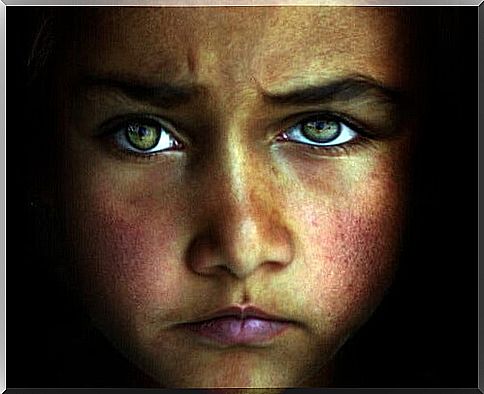
The fact that the parents die will start a grieving process whose stages will last more or less depending on the person and how much this situation affects them. Anger, disgust and initial denial must be replaced later by sadness and acceptance. In the case of Rafael Narbona, anger and disgust took time to fade and were especially intense during adolescence.
Rebellion against authority and not respecting schedules are sometimes not indicative of lack of education, but rather of a terrible pain that resides within a person. It’s a way of expressing discontent with something that is still causing rejection.
Like many children who lose their parents, Narbonne went from continually struggling with the world and expressing his anger, to becoming a teacher, journalist and writer just like his father was. In his grief he idealized his father, to the point where his life changed when he decided to follow in his footsteps. However, the sadness was still there and he had to go through a healing process in which he was able to see his father as someone imperfect but real.
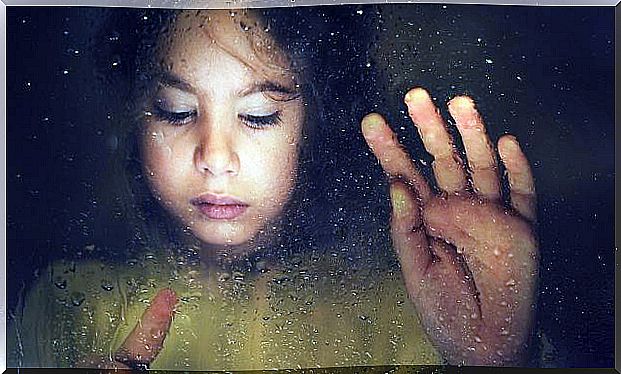
When a parent dies, children cling to that idealized image as they hurl themselves against a world that has taken away the one they loved most. Sometimes, they end up following in your footsteps in a very deep desire, not to replace, but to feel this dear person closer. However, there is still a sadness and a deep grudge against the world that one day took this beloved figure from them.
Children suffer greatly if they lose one of their parents at an early age. Therefore, allowing them to express their feelings, to talk about the subject and how they feel, will be important to prevent these emotions from getting stuck inside without meaning. In these cases, they are more likely to surface in later stages of your life with much more force and fury, when we are less able to help them.
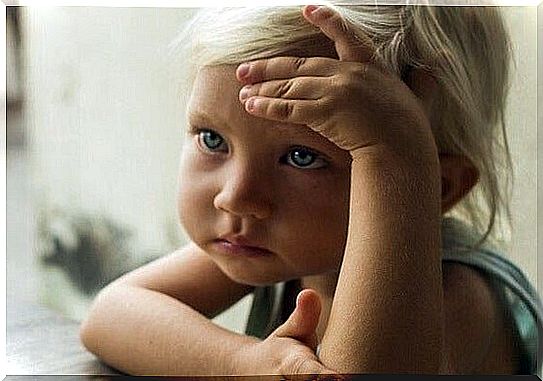
We cannot prevent it from happening, but strengthen ourselves with every blow we take. This will be an opportunity for us to learn to be resilient, to mature in our rhythm and realize that life is not against us, but it is what it is: random and capricious in many cases. In the end, thanks to acceptance, the sadness for that parent will turn to mild nostalgia.





